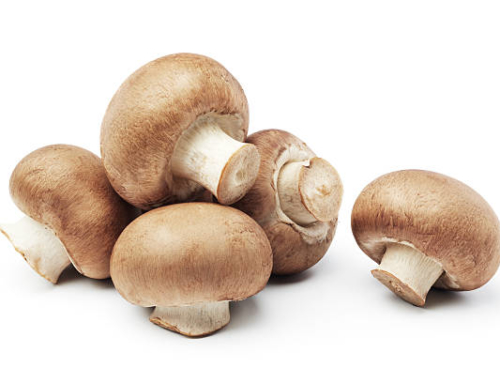If you have any reason to suspect your pet has ingested something toxic, please contact your veterinarian or one of the other resources listed:
• ASPCA Animal Poison Control Center 24-hour hotline at (888) 426-4435
• Pet Poison Helpline® 24-hour animal poison control service at (855) 764-7661
Azaleas

Common Name: Azalea
Scientific Name: Rhododendron spp (Ericaceae)
Azaleas are commonly found in the Northern hemisphere and are popular plants for landscaping. All parts of the plant are considered toxic. It is important to keep these plants out of pet areas. Always clean up clippings before a pet has access to them.
Horses are also indicated for this toxicity.
Signs and symptoms of toxicity: Clinical signs of toxicity may be seen within an hour of ingestion but could take up to 12 hours to develop. The most common signs of toxicity include vomiting, diarrhea, abdominal pain, and refusal to eat. Other signs may include changes in heart rate, decreased blood pressure, weakness, tremors, seizures, paralysis, blurred vision, trouble breathing, and vocalization.
Toxic consumption: The minimum threshold for toxicity is not known and suspected consumption should be reported immediately.
References:
– Milewski LM, Khan SA. An overview of potentially life threatening poisonous plants in dogs and cats. J Vet Emerg Crit Care 2006; 16(1):25-33.
– Osweiler, G, et al. (2011). Blackwell’s five-minute veterinary consult clinical companion. Small Animal Toxicology. [Kindle version]. Retrieved from Amazon.com
Pet Poison Control is provided free as a public service by the American College of Veterinary Pharmacists. Today we’re asking you to support us with a small donation. If you would like to dedicate your gift in honor or memory of a pet or individual, you will have that option before checkout. Your gift of any amount helps us maintain this resource and make it available to the pharmacy and veterinary communities. Thank you!





